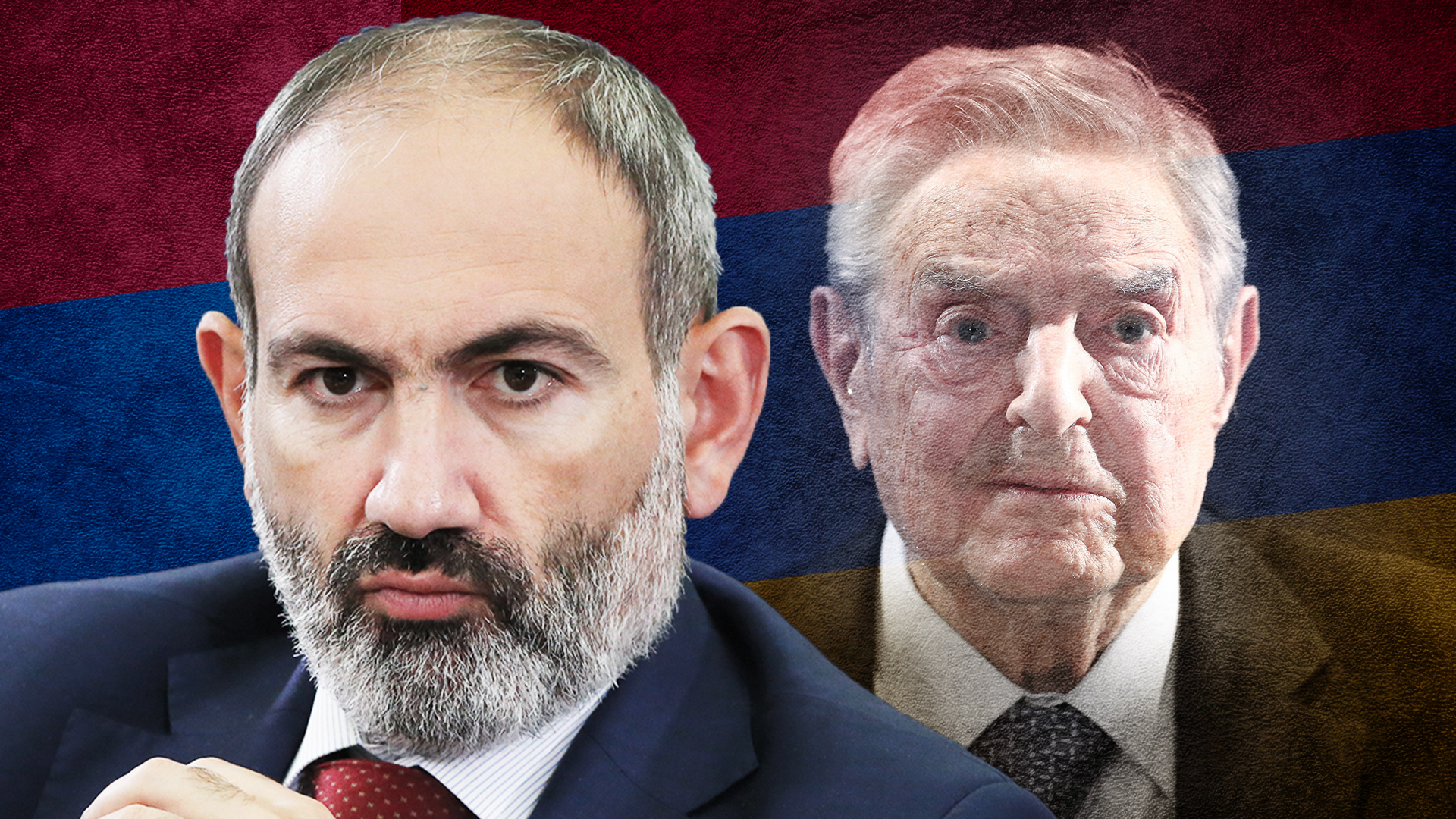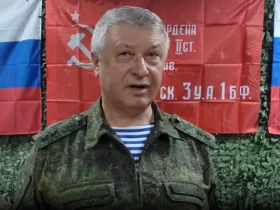Azerbaijan and Armenia signed an agreement ending Armenia’s 28-year occupation of Nagorno-Karabakh. The victory of the Azerbaijani Armed Forces brought Armenia to its knees, and Pashinyan admitted defeat. With the agreement signed between Azerbaijan, Armenia and Russia, Yerevan forces will withdraw from Karabakh, which they have occupied for 28 years.
Russian President Vladimir Putin said that “Azerbaijan and Armenia will remain in the positions they control” and stated that Russian peacekeepers will be deployed on the contact line in Nagorno-Karabakh and in the corridor where Karabakh connects with Armenia.
Within the scope of the agreement envisaging the deployment of Russian peacekeepers in the region, a control center consisting of Russian and Turkish soldiers will also be established. In reference to the control center, Turkey and Russia will make yet another agreement.
Azerbaijani President Ilham Aliyev evaluated the agreement signed between Azerbaijan, Armenia and Russia as “the military defeat of Armenia” and “the historical victory of Baku”.
“ALL OF AZERBAIJAN’S REQUEST HAVE BEEN MET”
Azerbaijani journalist Agil Alesger evaluated the agreement reached in Nagorno-Karabakh, stating that all demands of Azerbaijan have been fulfilled with this agreement:
“Actually, what Azerbaijan always wanted before this was that the Armenians would leave the territories they occupied in Nagorno-Karabakh peacefully. In addition, one of the conditions of Aliyev’s agreement was to determine the dates on which the Armenians would leave the land. The aim of Russia was to prevent the conflict between the two peoples. Azerbaijan did not agree to a solution without Turkey. We have demanded peacekeepers of Turkey and Russia to be active in this region since this war began. All of these demands have now been realized.”
TURKEY-RUSSIA COOPERATION
Remarking on the cooperation between Turkey and Russia against the OSCE’s failure, Alesger said:
“As you know, the Organization for Security and Co-operation in Europe (OSCE) had lost its neutrality for 30 years and had no success. Russia and Turkey are the important actors in the region. They cooperated as they were meant to be.”
TURKEY AND AZERBAIJAN WILL BE CONNECTED THROUGH NAKHCHIVAN
Alesger stated that Azerbaijan gained a highway connection with Turkey for the first time, and that transport links between the western regions of Azerbaijan with Nakhichevan would be provided.
Remarking that Azerbaijan achieved a historical success, Alesger noted Armenia’s historic defeat:
“We have witnessed historic success. Aliyev has more influence than ever before. Now, after Aliyev’s statements, Azerbaijani people took to the streets celebrating victory. The military victory brought political victory too. Years ago, the former Armenian leader Sargsyan failed to accomplish this and was overthrown. Now, there is chaos in Armenia once again. Pashinyan is in a difficult situation. If he tries to continue the war, Armenia will be in a very difficult situation because Azerbaijan is determined to acquire its lands. The lands were given to Azerbaijan in a political way. This, on the other hand, became Pashinyan’s political end. Pashinyan went down in history as a leader who lost the lands he occupied. Soros cannot save him anymore. Nobody can save him. Now, we will begin to build development projects in the lands destroyed by Armenia.”
THE LOSERS OF THE PROCESS: MACRON AND PASHINYAN
Armenian Prime Minister Nikol Pashinyan admitted defeat and used the following statements in a statement made on Facebook after the agreement:
“I made a very difficult decision for both myself and all of us. I signed a declaration with the Presidents of Russia and Azerbaijan to end the Karabakh war. This published statement is indescribably painful for me and our people.”
Commenting on the protest of the people in Armenia, Pashinyan said, “Everyone who leads the people to revolt will be brought to justice.”
Stating that the situation will be shared with the public after the “stabilization” of the situation, Pashinyan said, “The decision I took was based on in-depth analysis and the evaluations of people who had knowledge about the military situation. I had no choice but to sign the statement.”
“The army said it was necessary to stop, we have serious problems, there was no solution for them and we have run out of resources,” Pashinyan said.
One of the main losers in this process was France and President Macron, who were still sending messages of support to Armenia a few hours before its surrender.
The French Foreign Ministry issued a message shortly before the surrender of Armenia, offering its support to Armenia and condemning Azerbaijan’s progress.
The statement said that “France expresses strong concerns about the military advance towards the city of Shusha. Bombing of urban areas is unacceptable, given the civilian casualties.”
THE ARMENIAN PEOPLE RAID A GOVERNMENT BUILDING
The people of Armenia began massive protests after Pashinyan accepted defeat against Azerbaijan.
The protesters gathered in front of the government building in Yerevan, the capital of Armenia. The protesters broke the windows of the government building and chanted slogans against Pashinyan.
Some protesters called for the resignation of the Prime Minister of Armenia while entering Pashinyan’s office.
On the other hand, the protesters entered the parliament building and chanted slogans against Pashinyan. Some protesters who took to the parliament rostrum called for the continuation of the conflict in Karabakh, while a mother reflected her anger with the photograph of her dead son in her hands.
17 OPPOSITION PARTY CALL FOR PASHINYAN’S RESIGNATION
17 opposition parties claiming that the Pashinyan government had failed issued a statement before signing the surrender agreement and requested Pashinyan’s resignation.
In the statement, in which it was stated that the government was “inadequate” in its handling of the conflict in Karabakh, it was underlined that “In order to prevent unrecoverable losses, the political forces demand that Pashinyan, who is responsible for the current disaster situation, and his government leave the post without chaos.”
The opposition parties also wanted to establish an emergency executive body capable of solving military-political problems.
‘PASHINYAN SHOWED WEAKNESS’
The statement emphasized that the government was weak in a critical period, noting that Pashinyan was clearly vulnerable to internal and external threats: “The losses of people and land, flawed relations with the allies, especially with Russia, clearly show that the current government has failed.”

















Leave a Reply